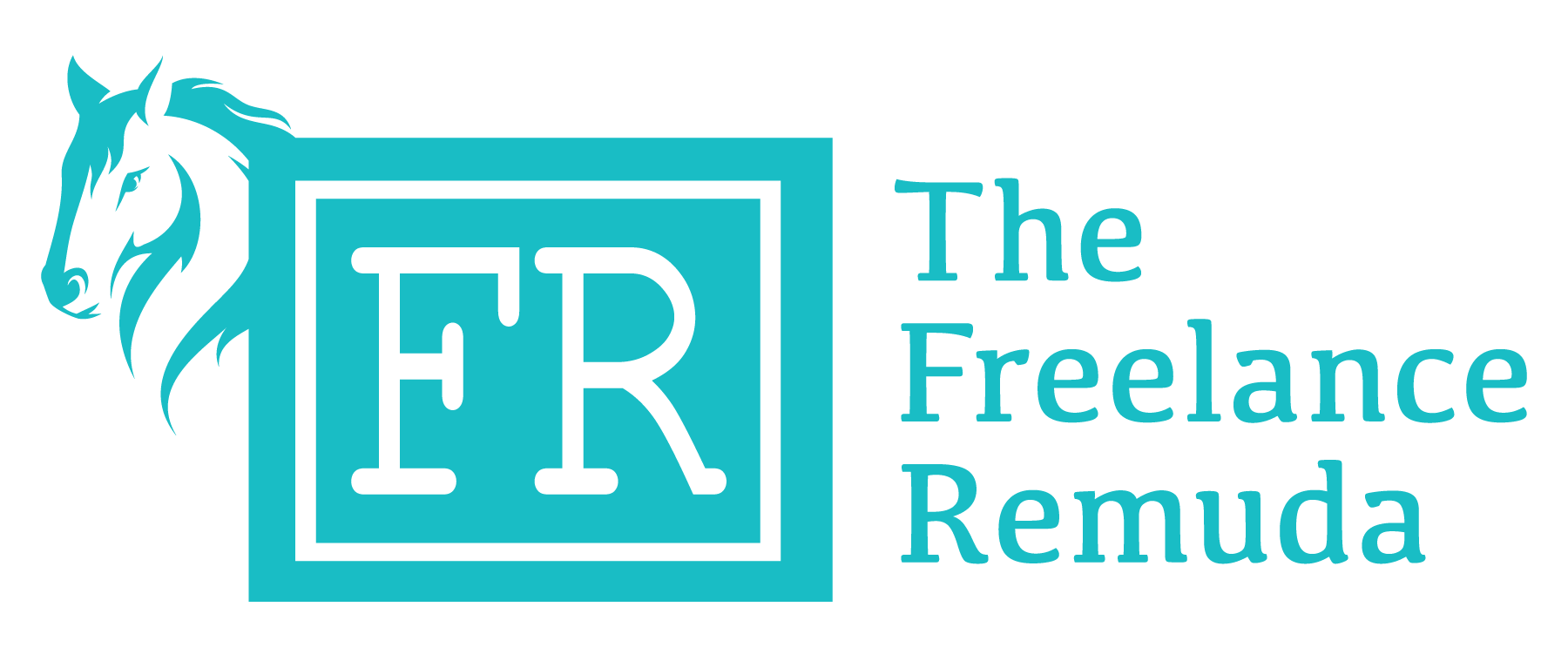Episode 13: Advice from Veteran Freelancer Jennifer Bryant
In this episode, Abigail talks to veteran freelancer Jennifer O. Bryant. She has a range of experience in publishing—particularly in the horse industry. With a background in hunt-seat, eventing and dressage riding, Jennifer brings solid horse knowledge to her writing. She has a degree in English and she’s written for a variety of platforms: non-fiction books, magazine articles, event coverage—including the Olympics—and editing for several equine publications over the years. That doesn’t even count her published work outside the horse industry for other genres, or her command of social media. While she is a seasoned freelance writer, with a bright and interesting voice to her work, she is also a great editor. Lately, she edits the United States Dressage Federation’s member publication—USDF Connection.
Jennifer's career path and how it relates to her love of horses
Snagging a college internship interview at the company that published Equus magazine was a lightbulb moment. Seeing the office covered with horse-related media made her realize people could get paid to think about and write about horses all day. She started out in the editorial department of a book publisher in San Diego, California--completely unrelated to horses. She worked her way up to an editorial position. After looking to move back East, she found an opening as an editor at a local newspaper in upstate New York that published equine news. She next joined a dressage magazine in Pennsylvania, and a little over a year later, the magazine was acquired and moved. Tired of moving due to her husband's military career and her following magazine jobs to different locations, they decided to put down roots and she began to freelance. That was 1999, and she's been freelancing full-time ever since.
Changes she's seen in the world of freelancing during her tenure in the field
In some aspects, there are more opportunities for freelancers because of platforms such as blogging and podcasting. Anybody that wants to create something can self-publish in some form. But it can be hard to monetize. Freelancers need to be more adept at pitching and writing for different kinds of media. Everything today is done electronically, vs. calling and mailing letters to editors. Freelancing is still freelancing--you're still creating what your editor wants, in their timeframe, on their deadline. It's just a little bit easier with email. Some magazines are hiring more freelancers, and others are taking contract work back in-house. It's a revolving door at horse magazines, between publications and back and forth from contract, freelance and staff positions.
She talked about how she has made freelancing a career and some keys to success.
One, she's been fortunate to have a contract with USDF Connection. That gig offers a level of income and work security. Success-wise, she had mentors early on that helped her get a solid grounding in writing and editing. She has developed a deep level of subject matter knowledge, and says it's crucial to write for a niche publication. It's difficult to break into a freelance gig when you're an unknown quantity, versus the field you've been working in--such as equine publications.
Advice for breaking into writing in the horse industry
Just as its difficult to break into writing for a magazine like Vogue, and you have to start with smaller outlets to work your way up to that level, in the horse industry, there are similar parallels. There are a lot more opportunities at smaller publications, particularly if you have specialized knowledge such as living in a region or a specific discipline. She says flipping through the magazine before pitching photos or story ideas is key. She recommends becoming a member of American Horse Publications to get access to the member directory, and study the publication members.
Advice for listeners hoping pick up a contract with a publication
There is usually a monetary benefit to both sides. Sometimes when a freelancer works enough for a publication, producing a substantial amount of content for them, it's worth it to the magazine to put them on contract to reserve a certain amount of work or hours each month. Sometimes it is being in the right place, right time when a need comes up and a contract is advantageous for both parties. Contracts are usually offered to freelancers that have developed a good relationship with the company, and produced good content consistently and dependably for the magazine.
Find Jennifer online at:
jbryant@usdf.org
About The Freelance Remuda
The Freelance Remuda is a podcast about navigating the equine media frontier. Co-hosted by seasoned freelance professionals Abigail Boatwright and Kate Bradley Byars, the podcast explores the trials and triumphs surrounding life as a freelancer in equine media, while sharing valuable tips from equine media editors and creatives doing what they love. Find and subscribe to the podcast on iTunes and Stitcher.

